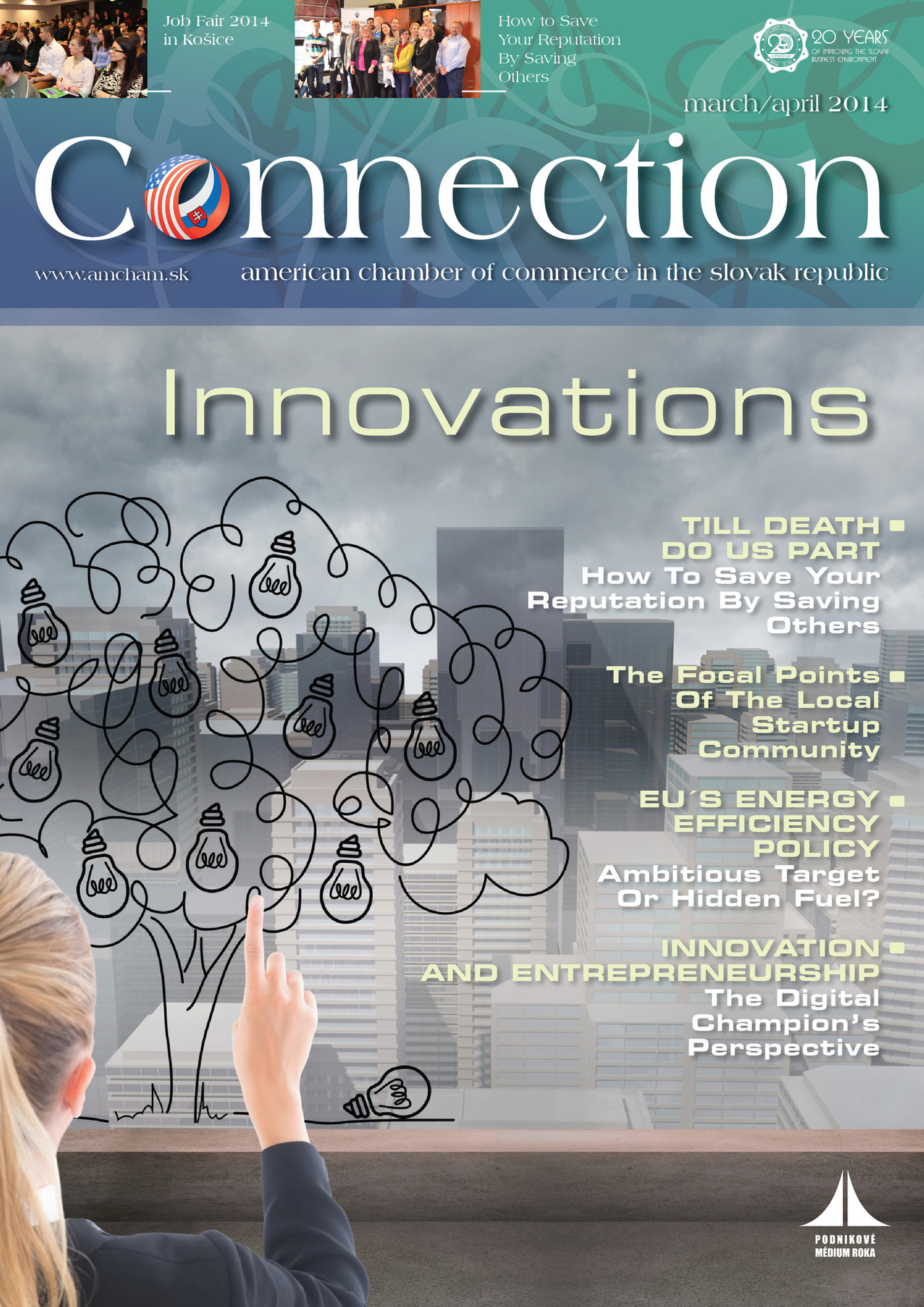Developing a new drug takes on average about 12 years, during which you have no guarantee whether the new drug will be approved, whether patients will be able to afford it, and whether or it will not be withdrawn due to rare side effects.
While new discoveries in biology, chemistry and physics have been the main stimuli driving innovation since WWII up until the new millennium, for the past few years, pharmaceutical companies have improved their performance also by optimizing supply chains, boosting productivity and streamlining processes. Unfortunately, these options are slowly being exhausted, without a further prospect for any significant game changers. It seems that we are running out of breath.
No one likes Big Pharma
A few months ago, The Economist ran an article stating that the recent deadlock is caused by the inability of the pharmaceutical industry to negotiate prices and licence terms for their drugs, that would reflect all of the years invested in R&D.
Ian Read, Pfizer CEO, looked at this issue in a broader context: “Unless we are respected by society, unless we are seen as good stewards of our resources, then we run the risk of both losing patents and losing the ability to price our medications.” This stems from a fact that the pharmaceutical industry has long been trying to avoid: hardly anyone likes the industry. The majority of people think that pharmaceutical companies are only motivated by profit. This is not the best bargaining position, especially in a time when many countries are looking for new ways to get around pharma’s intellectual property laws.
Reputation comes last
If there is an opportunity for fundamental innovation in the pharmaceutical industry, it must be through its reputation. The discrepancy between companies’ self-portrayal and the reality is abysmal. Any effort to frame well-intended projects (e.g. in developing countries) as evidence of social responsibility has yet to convince a wider audience.
However, some of the first attempts are proving that there is hope for even the reputation of a pharmaceutical company to recover. Our local Land of Saviors (Krajina záchrancov) campaign can be seen as such an example. It is based on an idea which cannot easily be accused of covering up commercial interests through yet another CSR project. And it manages to truly make a difference.
Learn to save lives
In 2011, around 5,800 people in Slovakia died due to accidents and heart attacks. In the same period, 93,000 hospitalizations were caused by injuries. The average ambulance response time is 11 minutes – not too long, but long enough to make the difference between life and death. The odds that you will find yourself in a situation when a friend or a relative is in need of first aid are very high, and it makes it a hot issue.
The Land of Saviors’ mission is to teach as many Slovaks as possible how to save a life on their own – without any expensive drugs, equipment or complicated procedures. The project innovatively combines free e-learning with hands-on first aid training, at a discounted price. It immediately gained traction: the mobile app garnered more than 35,000 downloads in just a few weeks and more than 4,000 people have taken the online first aid course.
Back to our roots
There has always been a natural link between making drugs and saving lives. However, this utmost mission of pharma companies has vanished under layers of “dirt” in the industry over recent years. As Pfizer is the Land of Saviors’ general partner, the company’s logo is now associated with first aid, too.
In addition to having a positive impact on the company’s reputation, the project has created space for dialogue with many stakeholders, such as the Parliamentary Committee on Health, the Public Health Authority, medical professionals, patient organizations, insurance companies and the media. Also, major companies such as Orange, Henkel and PSA Peugeot Citroën have become involved, encouraging their employees to learn first aid under the Land of Saviors flag.
I would like to invite you to take part in this project, too. Please join us and learn how to save lives! As the Land of Saviors’ key advisor, Dr Viliam Dobiáš, says – “it’s much easier to save a life than to conceive it”.
Our experience with innovative reputation building can serve as a lesson for other companies suffering from an undesirable class effect, too. Find your own way and be authentic before it’s too late. One should provide its reputation with first aid, before it proves fatal to its business.
Branislav Budke, Country Manager, Pfizer Luxembourg S.A.R.L.



Follow us